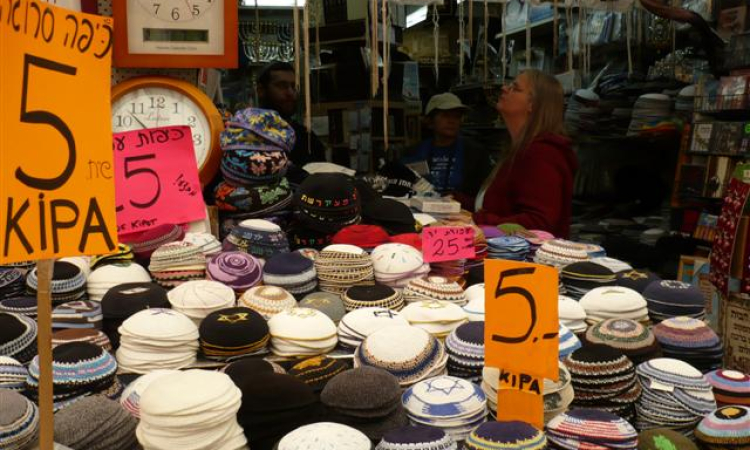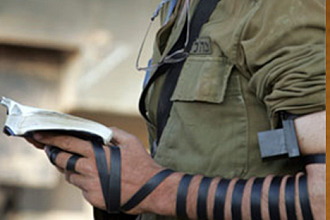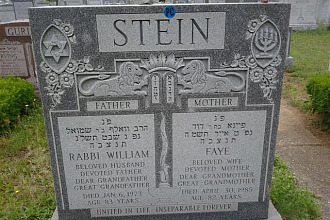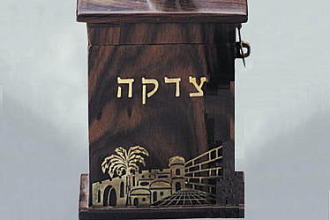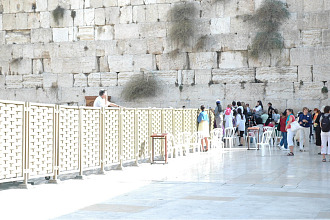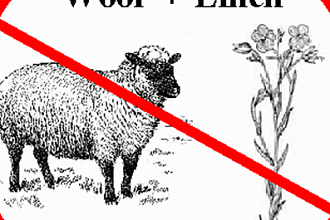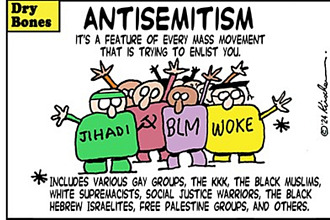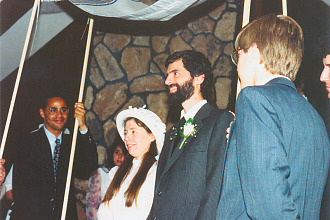A yarmulke in Yiddish, or a kippah in Hebrew, is a small head covering. Kippah literally means covering. Professor Jacob Lauterbach has been quoted as saying that the question of praying bareheaded or with covered head is not at all a question of law. It is merely a matter of social propriety and decorum.
In trying to find a reason for the head covering some have speculated that since the prayer shawl covers the head during prayer the reasoning developed that it would be good to cover the head all the time.
Another suggested explanation is that the tradition of wearing a head covering could have come from the fact that the sun is so strong in the Middle East that a head covering was needed. In some countries hats have been a fashionable symbol of respect and reverence, so it could have been a status symbol established during the time Jewish people were dispersed among the nations.
It could also be a carryover from when the Levites and Cohanim were commanded to wear a head covering when ministering in the Temple (Exodus 29:6). Or it could have stemmed from a desire to demonstrate humility before God. Other than for the Levites ministering in the Temple, nowhere in the Bible are we told that all people or even all males need to have their heads covered at all times.
Originally from: Jewish Discoveries by Jeff Zaremsky, page 288, which contains a total of 22 fascinating chapters of biblical history and lessons plus 25 rich Jewish tradition sections, and 27 powerful testimonies, with over 40 beautifully rendered professional works of art all on over 300 jam packed pages. You can own this treasure by visiting www.Jewishheritage.net

